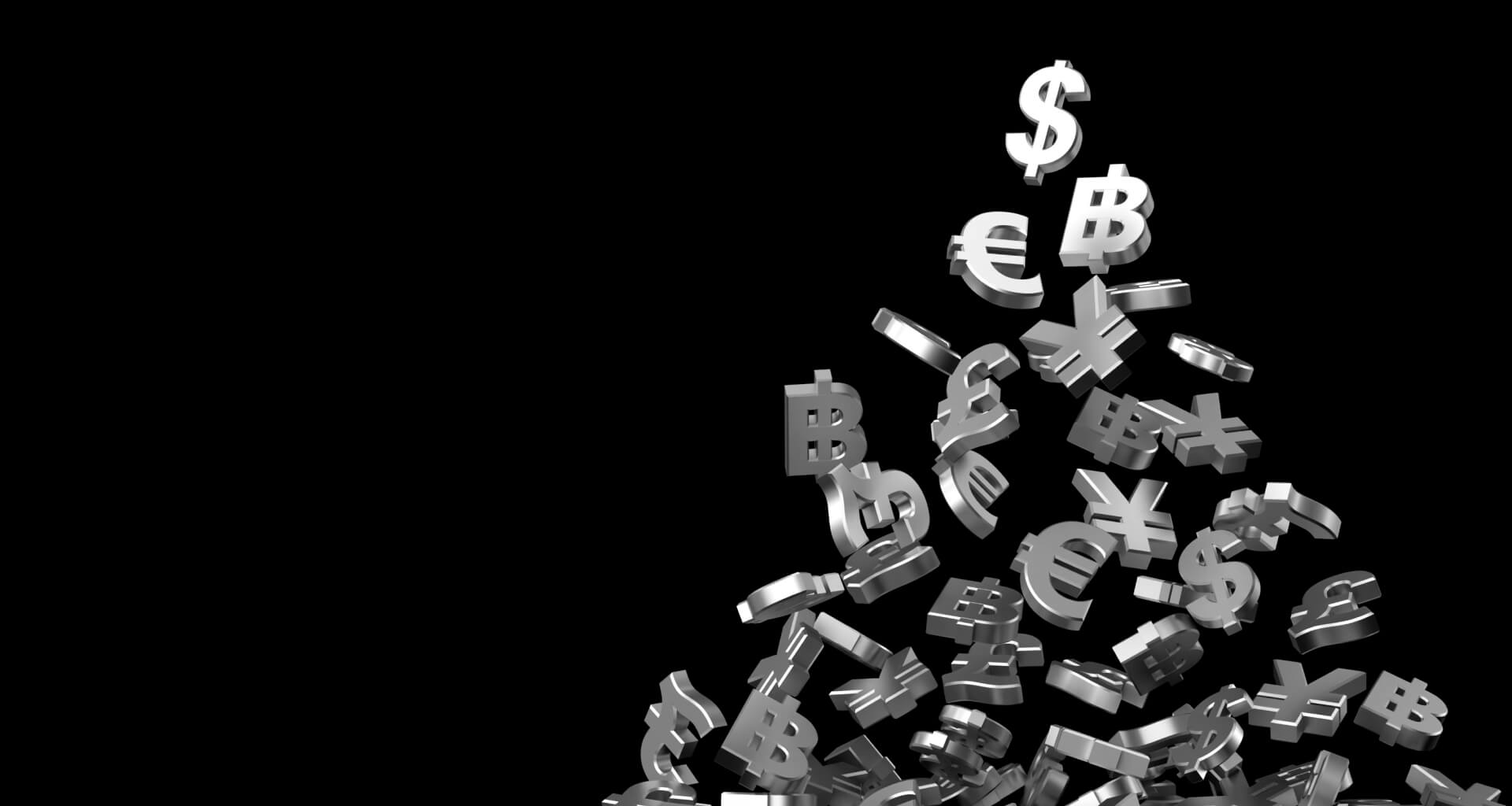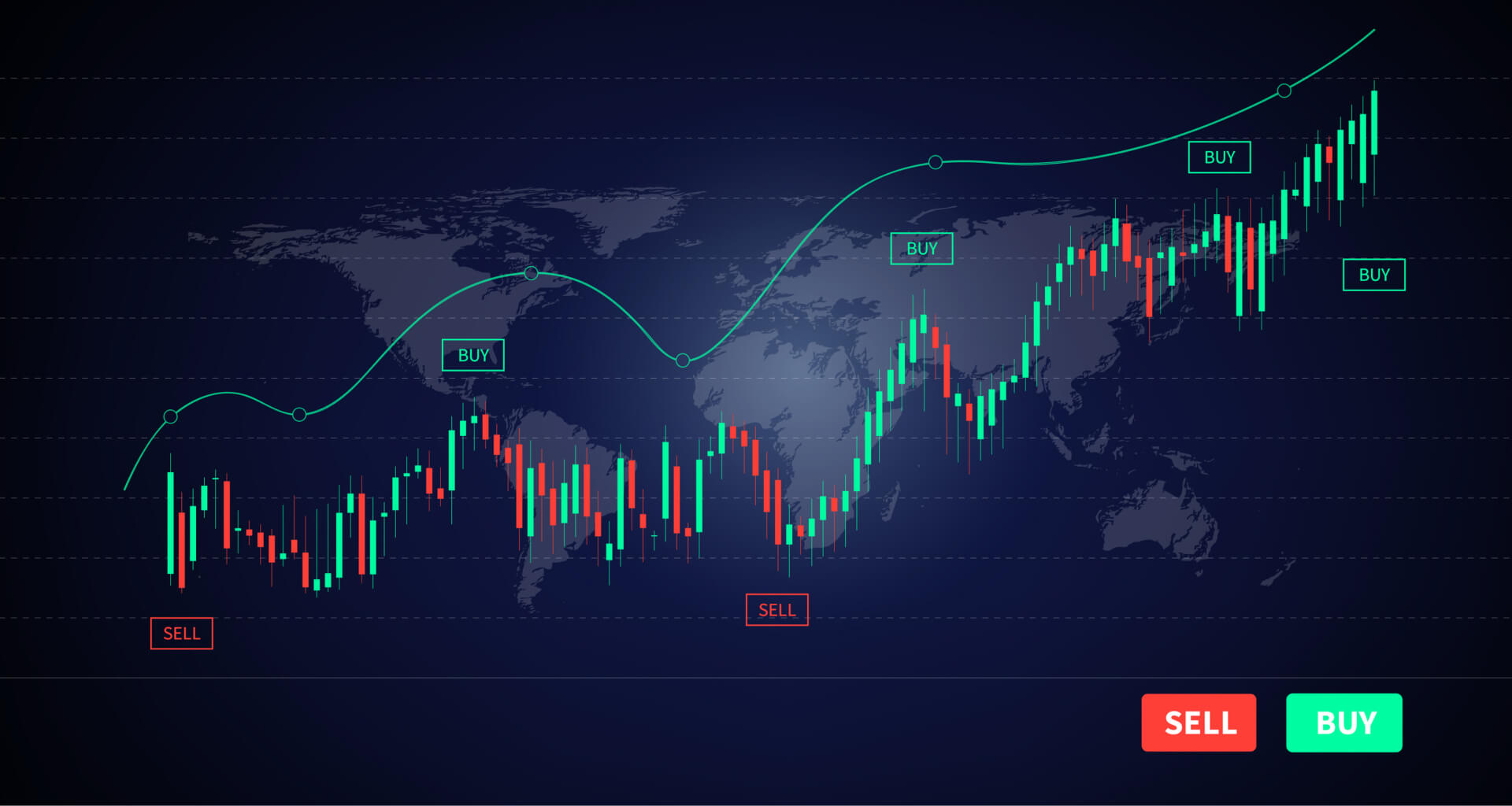Recessions are cyclical and recurring because economic activity tends to follow a pattern of expansion and contraction over time. The economy goes through phases of growth and decline, known as the business cycle, which is characterized by fluctuations in economic activity.

An increase in economic activity, firm expansion, and employment growth characterizes the expansion stage of the business cycle. Increases in investment, productivity, and consumer spending are frequently seen during this time. However, as the economy peaks, it gets harder for businesses to keep up the same pace of growth and expansion, which causes economic activity to slow down.
Eventually, the economy reaches a point of contraction, which marks the beginning of a recession. During this phase, economic activity declines, businesses may lay off workers, and consumer spending and investment may decrease. This phase can last for several months or even years until the economy reaches a trough, where it begins to recover and enter a new phase of expansion.
There are numerous factors that contribute to the cyclical nature of recessions:
- Consumer spending, investment, and production are the three main drivers of economic activity, which are influenced by a wide range of circumstances, including changes in governmental policy, external shocks, and advances in technology.
- The interconnectedness of global economies: In a globalized economy, economic activity is interconnected, and economic shocks in one country or region can quickly spread to other countries and regions, contributing to a global recession.
- The impact of monetary and fiscal policies: Central banks and governments often use monetary and fiscal policies to stimulate economic growth and control inflation. However, these policies can also contribute to the cyclical nature of recessions by influencing the business cycle and economic activity.
But it should be noted that while recessions are an inevitable part of the business cycle, policymakers and businesses can take steps to mitigate their impact and promote economic growth.




